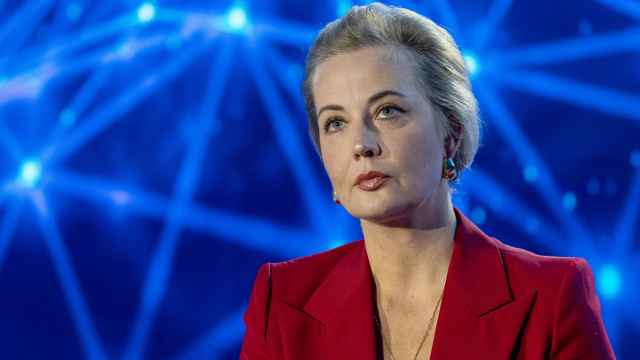There is much talk about a rollback of democracy in Russia and Ukraine. Presidents Vladimir Putin and Viktor Yanukovych are often called dictators. Some even claim that they are returning their countries to the Soviet system.
Clarity about democracy is definitely needed. But these kinds of questions may appear merely philosophical. After all, there is a general consensus over which countries are democracies and which are tyrannies, so why bother about defining these terms?
Democracy is, in fact, a highly problematic concept. Even if we are satisfied that democracy actually exists in the world, it is notoriously difficult to define. The concept is vague, and there are fundamental disagreements regarding its meaning. Democracy is not a machine that can break down or a house of cards that can collapse. Genuine democracy develops organically, and it is sturdy and resilient in the face of repression. Where democratic traditions are well-established, opposition will be energized by repression rather than beaten down.
Was former President Boris Yeltsin more of a democrat than Presidents Mikhail Gorbachev or Vladimir Putin? In 1993, Yeltsin dissolved the Supreme Soviet, shelled its building and scrapped the Constitution. Is the state of democracy in Russia worse today than it was then?
Jack Matlock, the last U.S. ambassador to the Soviet Union, wrote in 2006, "Putin can't backtrack on democracy when it is clear Russia never had it." The pre-Putin era, Matlock said, was "closer to chaos and anarchy … [than] anything resembling democracy."
There is clearly strong antipathy toward Putin in Russia. This is not because the regime has become more repressive, but because public sentiment has changed. Putin, when asked some time ago when there would be more democracy in Russia, answered: "When the people demand more democracy, there will be more democracy." It is only within the past year that serious demands for more democracy have emerged within the Russian mainstream.
Russians are not genetically incapable of building a democracy. It takes time, effort and some luck to change deeply ingrained habits. Advances of democracy almost always involve struggle. Elites rarely yield power without being pushed and rarely concede more than they have to. A repressive government, far from killing democracy, often energizes the public, driving democratic development forward.
It is an open question whether the Orange Revolution actually advanced democracy in Ukraine. If anything, it crystallized long-developing negative sentiment toward former Ukrainian President Leonid Kuchma's mildly authoritarian regime. Many Ukrainians were fed up — not because the regime had become more repressive, but because they had grown tired of it and lost their fear.
The Orange Revolution merely replaced one part of an entrenched elite with another, not actually touching the foundations of the regime. Undeniably, the political atmosphere became freer, but little was done to foster the development of a civil society, let alone implement fundamental reforms. Corruption did not subside, and the Criminal Code, including the law under which former Prime Minister Yulia Tymoshenko was sentenced to prison, was not changed. The corrupt and servile judicial system also remained untouched. The leaders of the Orange Revolution may have been sincere in their desire to democratize, but like Kuchma and Yanukovych, their options were severely limited by the regime they inherited from their predecessors.
To be sure, there are legitimate reasons to be concerned that Yanukovych is rolling back democracy. But, as in Russia, Ukrainian prisons are not full of political prisoners, and opposition members are not afraid to speak their minds. For the most part, the Ukrainian government has been tolerant toward demonstrations, and there doesn't seem to be much fear in the air, although some of Yanukovich's critics insist that there is.
Although there is much to worry about in Russia and Ukraine in terms of democratic development, the awakening of opposition forces and civil society in both countries gives strong grounds for hope and optimism.
Fred Eidlin is emeritus professor of political science at the University of Guelph in Guelph, Canada.
Related articles:
A Message from The Moscow Times:
Dear readers,
We are facing unprecedented challenges. Russia's Prosecutor General's Office has designated The Moscow Times as an "undesirable" organization, criminalizing our work and putting our staff at risk of prosecution. This follows our earlier unjust labeling as a "foreign agent."
These actions are direct attempts to silence independent journalism in Russia. The authorities claim our work "discredits the decisions of the Russian leadership." We see things differently: we strive to provide accurate, unbiased reporting on Russia.
We, the journalists of The Moscow Times, refuse to be silenced. But to continue our work, we need your help.
Your support, no matter how small, makes a world of difference. If you can, please support us monthly starting from just $2. It's quick to set up, and every contribution makes a significant impact.
By supporting The Moscow Times, you're defending open, independent journalism in the face of repression. Thank you for standing with us.
Remind me later.





